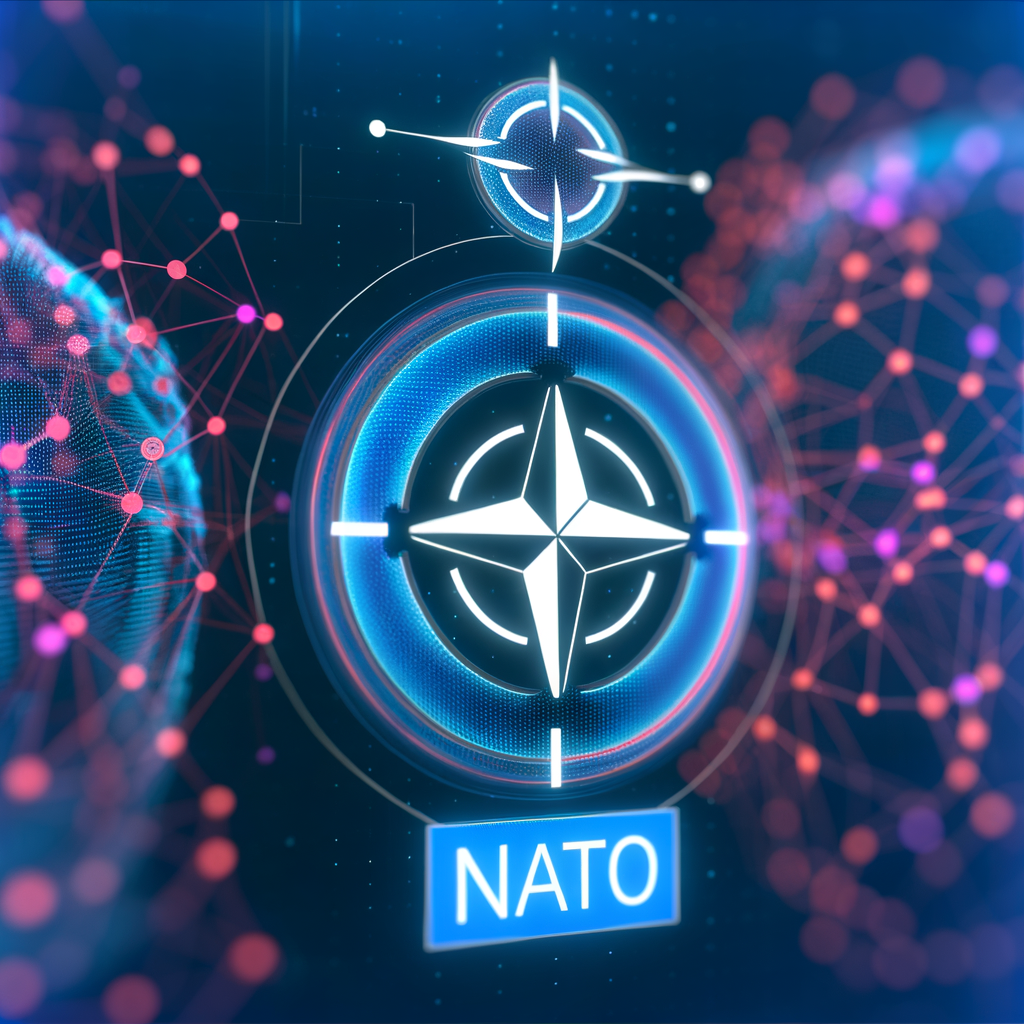NATO Adopts AI System from Palantir for Military Edge

NATO partners with Palantir for AI military systems, marking a pivotal shift in global defense strategies.
Title: NATO's Bold Move with Palantir: How AI is Changing the Game in Military Strategy
So here's some big news that’s shaking up military circles: NATO is diving headfirst into the world of cutting-edge technology. They've just teamed up with Palantir Technologies to bring in an advanced AI military system. Sounds a bit like a plot from a sci-fi movie, right? But this is real life, and it’s a huge step forward in defense operations. But what does this really mean for global security and the future of military operations? Let’s dig in.
NATO’s decision to snag Palantir's AI system is a pretty clear sign that they're all in on integrating some seriously impressive tech into their defense strategies. With the world’s political climate changing faster than ever and things getting more complicated on the global stage, being able to quickly analyze data and predict outcomes is no longer just a nice-to-have—it's a must. AI can handle data processing on a scale that makes a human’s head spin. So, Palantir's system is poised to totally transform how NATO rolls out its military strategies.
**A Quick Trip Down Memory Lane: AI’s Climb in Military Use**
Artificial Intelligence isn't exactly the new kid on the block when it comes to military applications. It's been stirring debates and captivating imaginations for over a decade now. It all started with AI lending a hand in intelligence gathering, helping to uncover potential threats and shape strategic decisions. Fast forward a few years, and we've got AI doing everything from flying autonomous drones to bulking up cybersecurity defenses and even predicting future scenarios.
Palantir's no stranger to this evolution. They’ve been leading the charge in big data analytics, starting out with a focus on counter-terrorism. Since then, they've fine-tuned their software to tackle a slew of military needs, like managing logistics or making quick decisions on the battlefield. Pretty impressive, right?
**What's Happening Now: The Palantir-NATO Dream Team**
This isn’t just NATO picking up some shiny new tools—it’s more of a strategic partnership aimed at supercharging NATO's data analytics and decision-making prowess. Palantir’s AI system can pull in real-time data from all sorts of sources and spit out vital insights for military leaders—a massive upgrade for staying on top of things.
A NATO spokesperson pointed out how this tech is a game-changer for decision-making, saying, "With the integration of AI technology, we are paving the way for a new era of operational excellence in defense." Palantir's CEO chimed in, noting that this partnership is setting a new benchmark for how AI can boost military strategy and, by extension, global security.
The tech on offer includes some pretty sophisticated stuff: think advanced battlefield simulations, predictive maintenance for military gear, and killer threat detection algorithms. All essential for handling the fast-paced, complex nature of modern warfare.
**Peeking into the Future: The Big AI Picture in Global Security**
With AI becoming a bigger part of military strategy, some heavy questions loom over the horizon about war, peace, and everything in between. As NATO uses AI to beef up its defenses, don’t be surprised if other countries start jumping on the bandwagon too. It could spark an AI arms race, bringing both opportunities and some pretty big challenges. Yes, AI has the power to ramp up military effectiveness and save lives, but there are ethical knots to untangle around autonomous weapons and the wild cards of AI-driven decisions.
On top of that, as AI systems get more common, keeping them safe from cyber threats becomes crucial. A robust cybersecurity strategy is key to making sure these systems stay reliable and effective when it matters most.
Looking ahead, AI’s role in defense will likely keep growing. We might see autonomous vehicles, AI-boosted cybersecurity, and even AI-led diplomatic strategies. The trick to really tapping into AI's potential is setting up clear international norms and ethical guidelines. That way, we can make sure tech advancements steer us toward global stability, not conflict.
**Wrapping It Up: Onward into the AI Frontier**
NATO's latest move with Palantir marks a pivotal shift in how technology is shaking up modern warfare. As we step into this AI-driven future, the balancing act between innovation and regulation will be everything. How we handle this will not only influence military operations but could also reshape the global geopolitical landscape. Quite the ride we’re on, isn’t it?